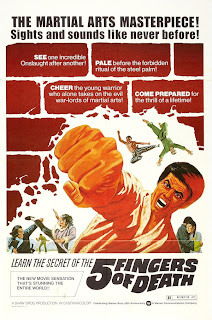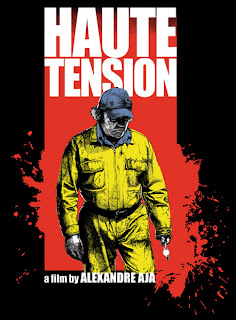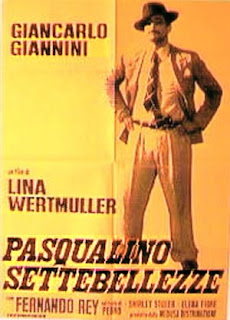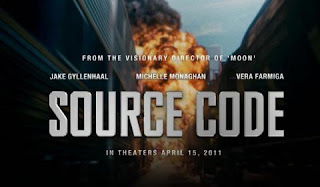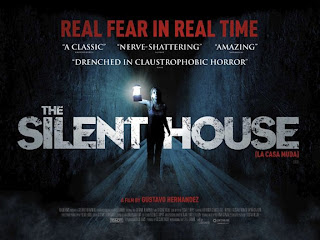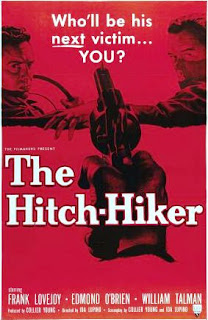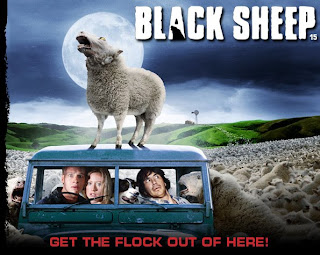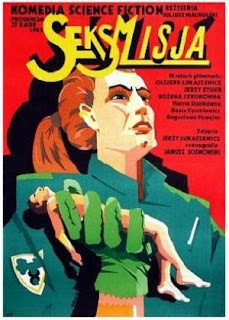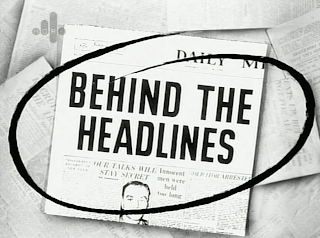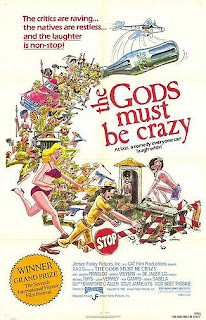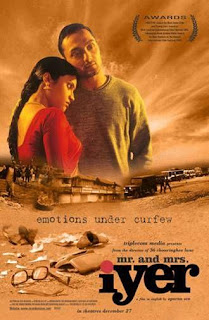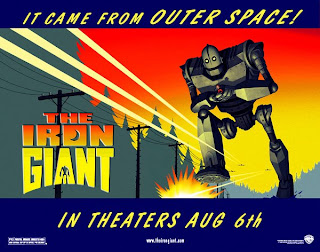AFED #135: Kaidan chibusa enoki [Ghost of Chibusa Enoki, aka The Mother Tree] (Japan, 1958); Dir. Gorô Kadono

Although Japanese supernatural horror might nowadays lead one to think of stories about cursed videotapes and spectral emo girls who can't keep their hair out of their faces, these are only recent manifestations of a tradition that's several hundred years old. Japanese ghost stories, or kaidan , first emerged during the Edo period in the seventeenth century, adapted and inspired by earlier Chinese ghost stories. Typically they revolve around vengeful spirits who return to redress a wrong committed against them in their mortal lives, or sometimes with a general grudge against humanity. Kaidan have inspired two of Japanese cinema's most celebrated films - Kobayashi's Kwaidan and Mizoguchi's Ugetsu - but there are numerous other lesser works that draw upon this heritage. During the fifties the Shintoho, a short-lived studio founded by former employees of the more famous Toho Co, produced a series of modest kaidan films, one of which was The Mother Tree ... Thi...



